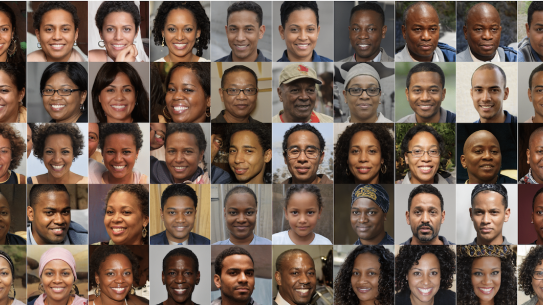The role of diverse mentorship in education equity
Mentors are uniquely positioned to help increase diversity, equity, and inclusion (DEI) in STEM by serving as role models for individuals that look and identify like them, encouraging a more welcoming environment for continued growth for marginalized communities. More broadly, mentors show younger students that it’s possible to follow their dreams and be successful – regardless of gender, ethnic background, cultural background, socioeconomic status, etc.
To better understand the importance of diverse mentorship in education equity, IEEE spoke with four IEEE members making a difference in STEM. NYU Tandon Dean and IEEE Jelena Kovačević was one of those to share her thoughts.
Mentorship has always been an important part of the academic process.
If we are working towards creating a more diverse and inclusive academic environment that better represents the communities we live in, then we need to encourage, and make a point of, creating more DEI-focused mentorship opportunities. To increase the number of students from underrepresented communities in STEM, we need to have not only a larger number of people that the students will identify with, but also provide support to both mentors and mentees.
I had a number of people in my life who helped me. I consider myself very lucky. The best mentors are those who are supportive but also honest; I may not have always liked their suggestions, but because I knew they had my best interests at heart. I always took them seriously, even if I didn’t always follow them."





